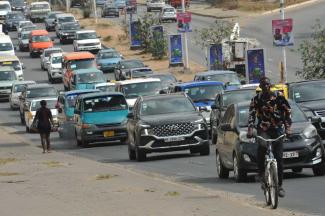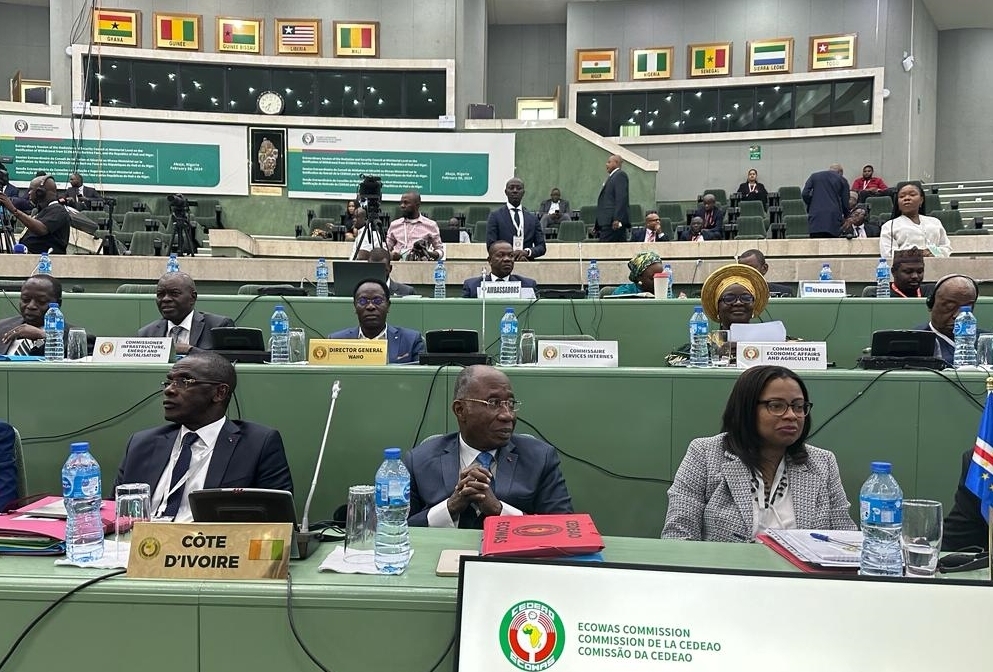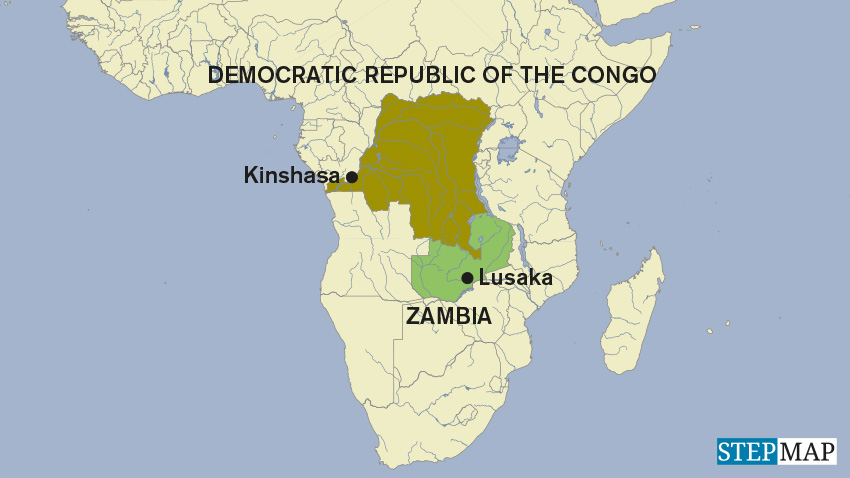ECOWAS
Fostering regional industrialisation of ECOWAS

Crisis-ridden ECOWAS could do much more to serve the economies of its member countries. In their book “Borderless Africa”, authors Francis Mangeni and Andrew Mold argue that Africa’s market is highly fragmented. They stress that the purpose of regional integration must be “to escape the constraints of a small domestic market” and that “market size is an important determinant of being able to attract sufficient fixed investment”.
Market size is indeed important, because large regional blocs can create economies of scale. The automotive industry is particularly well-suited for industrial projects within ECOWAS. Developing regional value chains in this industry will accelerate integration throughout the region and create quality jobs. New employment opportunities will arise in other sectors such as services. Specialising in the production of car components such as ventilation systems, brakes or fluids could make West African economies more interdependent and complementary.
Automotive industries in Ghana and Nigeria
A key reason to build an automotive regional value chain is that automotive industries already exist in two West African countries, Ghana and Nigeria. Companies such as Kantanka in Ghana and Innoson in Nigeria produce both conventional and electric vehicles and could potentially expand into neighbouring countries. For example, in 2022, the government of Sierra Leone bought a fleet of Innoson-made vehicles for its army.
The West African automobile industry faces several challenges, including poor transport infrastructure, unreliable energy-supply chains and strong competition from foreign second-hand cars. Nevertheless, regional demand for cars from Ghana and Nigeria – although still comparatively small – appears to be growing. These vehicles are now also found in other West African countries such as Mali and Liberia.
In late 2018, ECOWAS introduced an automotive industry policy framework with the objective to “boost the automotive industry in the region by building the capacity (...) of vehicle assembling, production and marketing”. This initiative is quite encouraging. Unfortunately, it has struggled to gain substantial support from regional leaders, despite its clear potential for development, job creation and increased regional integration.
Literature
Mangeni, F. and Mold, A., 2024: Borderless Africa: A Sceptic’s Guide to the Continental Free Trade Area. Hurst, London.
https://africanarguments.org/2024/05/towards-a-borderless-africa-how-the-afcfta-is-changing-the-narrative-on-continental-integration/
Eric Tevoedjre is a political scientist from Benin. His research focuses on regional integration in Africa, especially the ECOWAS region.
erictev@gmail.com










